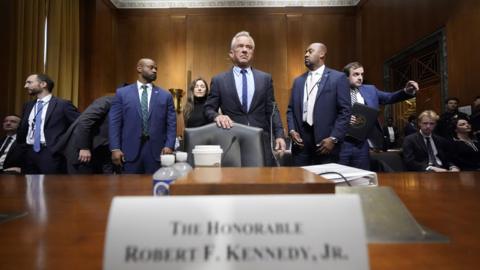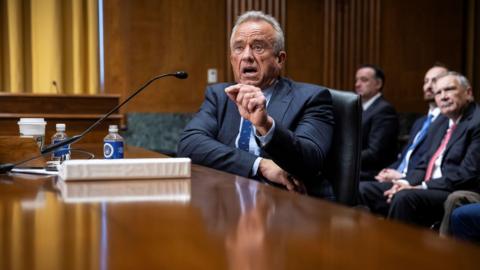In fiery Senate testimony this week, US Health Secretary Robert Kennedy Jr once again set his sights on the nation's top public health agency, the Centers for Disease Control and Prevention (CDC).
His appearance came days after he suddenly fired the new CDC director, Susan Monarez, provoking a group of senior staff to resign in protest.
At the hearing, when asked for an explanation, Kennedy claimed he had asked Ms Monarez if she was a "trustworthy person" and she had replied "no", to some disbelief from his opponents in the room.
He then admitted he had once described the CDC as the "most corrupt" agency in government, and strongly hinted he's not finished with his plans to shake up the organisation.
Kennedy's words have sparked a furious backlash, with many doctors and scientists increasingly concerned that America's public health systems are being dangerously compromised.
It's a conflict that could have a significant impact not just on health policy in the US but across the world. In the past, the CDC has been instrumental in global health, leading the response to crises from famine, to HIV, to Ebola.

